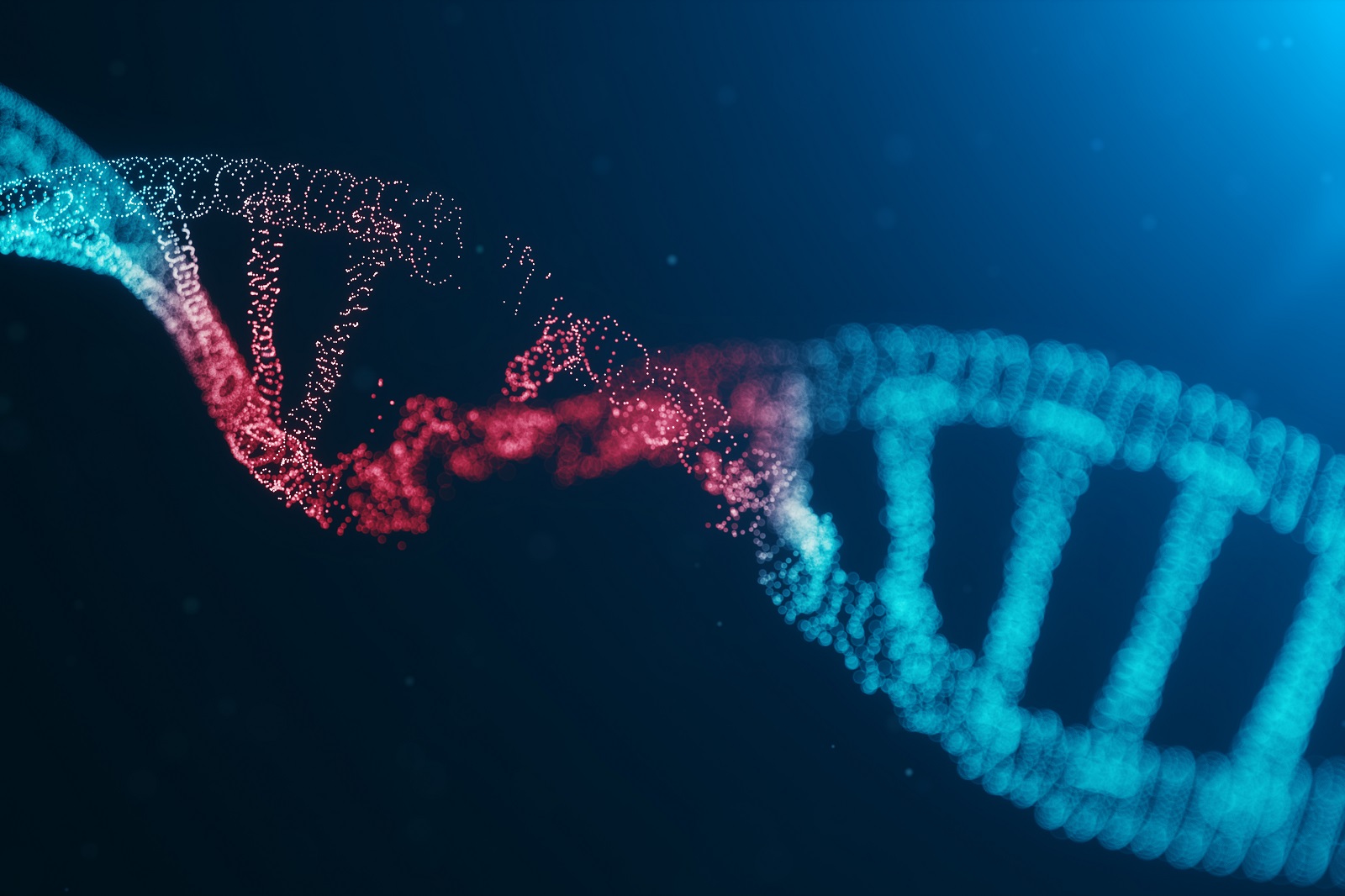Scientists believe that mutations in the brain they previously thought were rare might actually be happening inside each and every one of us. In fact, scientists believe that these brain mutations could actually be factors in how we age.
According to Ryan Mills, a researcher at the University of Michigan, the mutations are not only present, but they’re also found in the dorsal lateral prefrontal cortex, an area of the brain that is associated with cognitive ability—and one area typically affected heavily by aging. The mutations in question also appear to be driven by mitochondria.
These brain mutations appear to come from within our DNA itself, too. The scientists believe that the mitochondria somehow get into the nucleus of our DNA and then get added to our main genome. As I noted above, the mutation was originally assumed to be rare. However, the past few years have provided more data that suggests otherwise.

In fact, it could be far less unusual than we thought, especially in cells that are cancerous. Now, Mills and a team of researchers have analyzed even more DNA samples from brain tissue taken from more than 1200 people during post-mortem examinations. The samples were inspected to see just how the mitochondrial DNA had changed and whether or not it had been added to the nuclear genome.
Mills’ team found that not only did the brain mutations occur in far more people than they expected, but they were also far more common—on average, at least—in people who died at younger ages. The researchers aren’t sure exactly how closely tied the mutations are to aging. But, Mills says it is “hard for him to believe that the mitochondrial getting into the genome won’t have a lasting effect on the human body.
A study of the researchers’ findings has been published in the journal PLOS Biology.








